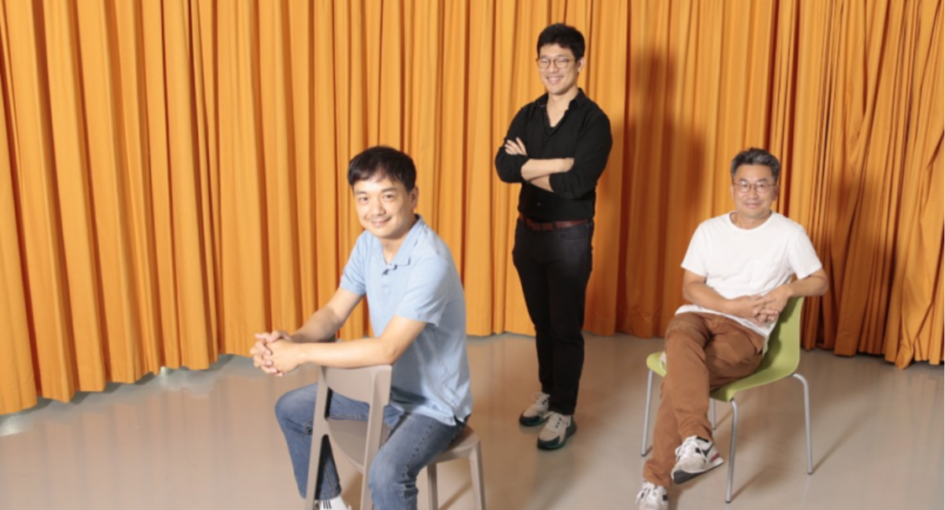A joint research team, affiliated with UNIST BME has been selected as the recipient of a large-scale Social Science Korea (SSK) project of the National Research Foundation of Korea.
Research teams from UNIST and Pusan National University (PNU) have entered into a research collaboration focusing on finding solutions to social conflicts in today’s hyperconnected environment. This research collaboration, which starts in earnest in September 2020, is directed by Professor Oh-Sang Kwon (Department of Biomedical Engineering, UNIST) and participated by a highly collaborative and integrated research team, which includes Professors Sung Phil Kim (Department of Biomedical Engineering, UNIST), Professor Dongil Chung (Department of Biomedical Engineering, UNIST), along with Professor Sunhae Sul (Department of Psychology, PNU) and Professor Hyo Jung Kim (Department of Media and Communications, PNU).
Under the theme of “Causes of and Solutions to Social Conflicts in Today’s Hyperconnected Environment,” this project will be supported through the National Research Foundation of Korea, and thus will be carried out over the next 10 years.
The research team will embark on a collaborative study to look for clues about how our brains process information and to understand the fundamental laws of information processing. To this end, the team will create a normative model, applicable to various levels of human information processing. There are also ongoing research efforts to unravel the psychological and neuroscientific mechanisms. They will utilize computational modeling tools to derive systematic and qauntitative predictions. Just like physics concepts are used for explanation of physical phenomena, the research team aims to clarify the laws of cognition in order to explain the phenomenon of cognitive biases and find a solution to it.
“YouTube’s algorithm serves to render the most personalized content to its users and this may cause an algorithm to become increasingly biased over time,” says Professor Jeong. “Having a better understanding of the cognitive processes will help us develop algorithms that are less biased.”
Researchers emphasize that it is worth paying particular attention to the expansion of extreme social conflicts due to the sudden increase in non-face-to-face channels and application amid the spread of COVID-19. As the racial and religious conflicts continue to exist in our society, the research team’s full focus will be on the role of false stories circulated largely through social media during that process.
Meanwhile, the Social Science Korea (SSK) project is a mid-to-long term research project, launched by the National Research Foundation of Korea (NRF). The primary purpose of this project is to nurture future sociologists and scientists, and to support outstanding research teams through a systemic support in academic research, particularly in the field of the social science.
